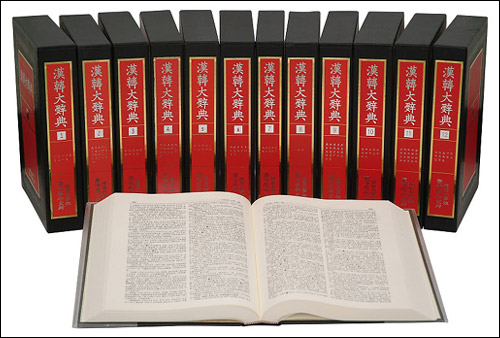My class on the Chinese script has around 36 students in it. About half of them are native speakers from Taiwan, the Mainland, Singapore, and Hong Kong (most of these are graduate students who already have M.A.'s from overseas universities or are finishing up their Ph.D.'s). About one quarter of the other students are native speakers of Japanese, Korean, and Vietnamese. About a quarter are Americans who have studied Mandarin anywhere from two to twelve years.
Today, I made the students close their computers, electronic dictionaries, and all their books and papers, then asked them to write down on a piece of paper the simplified and traditional characters for Taiwan and beneath that what the meaning or origin of the name is. In the top right corner they indicated whether they were native speakers or how many years they had studied Chinese (I also should have asked them to indicate where they were from, but neglected to do so). The results:
- only 2 students could write both forms correctly
- only 4 students could write both forms partially correctly
- only 10 students could write one form correctly
- about 10 students could write one form partially correctly
- the remainder of the students could not write either form correctly, including a couple of the native speakers
- most students who had taken up to 6 years of Chinese couldn't write either form correctly
[If you want to give yourself the same quiz, before reading further, the answer is here.]
Read the rest of this entry »

